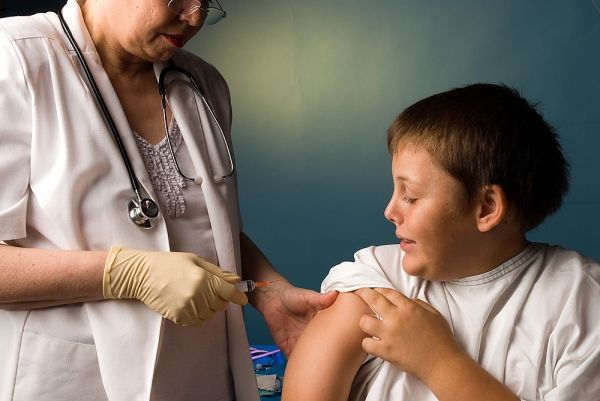Medical expert of the article
New publications
Vaccinations for healthy children
Last reviewed: 08.07.2025

All iLive content is medically reviewed or fact checked to ensure as much factual accuracy as possible.
We have strict sourcing guidelines and only link to reputable media sites, academic research institutions and, whenever possible, medically peer reviewed studies. Note that the numbers in parentheses ([1], [2], etc.) are clickable links to these studies.
If you feel that any of our content is inaccurate, out-of-date, or otherwise questionable, please select it and press Ctrl + Enter.
Haemophilus influenzae type b (Hib) infection - vaccinations against it have been recommended by the Ministry of Health for more than 10 years, the cost of vaccination has significantly decreased during this time (vaccines Act-Hib and Hiberix), the Hib component is included in the recently registered Pentaxim vaccine (DPT + IPV + Hib), so prevention of this infection is quite accessible and desirable - both within the framework of regional and individual funding.

Whooping cough. As shown in the relevant section, the increase in whooping cough incidence in school-age and adolescence has forced many countries to include a 2nd revaccination against whooping cough with an acellular vaccine in the calendar. The experience of the Sverdlovsk region shows that the introduction of the Infanrix vaccine before school (at the age of years) reduces the incidence of whooping cough, including the intensity of infection in children of the first year of life. Inclusion of this vaccination at the regional level, as well as on an individual basis, is highly desirable before inclusion in the National Calendar.
Influenza - these vaccinations are indicated not only for organized children, as stipulated by the National Calendar, but for all children, starting from the second half of life of adults, especially as part of family vaccination.
Hepatitis A - in the conditions of Russia with a significant rural sector and shuttle migration from city to village with, in general, a late (in adolescence) increase in seropositivity, mass vaccination of children, at least urban ones, is quite justified. The experience of the Sverdlovsk region shows the possibility of practical elimination of this infection by mass vaccination. Vaccination can begin from the 2nd year of life, however, taking into account the density of vaccinations in the 2nd year, it can be carried out starting from 3 years.
Chickenpox. The registration of the Varilrix vaccine opens the way to its use on a regional and individual basis - this usually mild infection is the most widespread, which causes economic losses exceeding those from other vaccine-preventable diseases.
Rotavirus infection, the main cause of diarrhea in early childhood, has only recently become manageable, but the first results of its mass use in the United States have already shown the possibility of a sharp reduction in the incidence of the disease. The expected registration of the Rotarix vaccine in Russia will allow its use before its introduction into the National Calendar.
Human papillomavirus infection is the main cause of cervical cancer, which annually takes the lives of thousands of women, and since 2006 it has also become controllable; the vaccines Gardasil and Cervarix are licensed in Russia and are recommended by the Society of Obstetricians and Gynecologists for use in adolescent girls (from the age of 12) and young women (aged 26).
Pneumococcal infection. Vaccination with the 23-valent polysaccharide vaccine Pneumo23, immunogenic from the age of 2 years, is recommended by the Ministry of Health and Social Development for the following contingents of healthy individuals:
- Persons in special conditions or special social institutions or organized groups (kindergartens, schools, children's homes, army and other military groups - preferably 3 weeks before joining the group or immediately after joining).
- Healthy children from 2 years of age to reduce the risk of acute respiratory infections, especially before entering organized groups (kindergartens and schools).
The expected registration of the 7-valent conjugate vaccine Preven in 2009 opens up the prospect of mass vaccination to control this most common bacterial infection.


 [
[